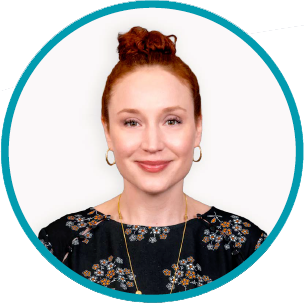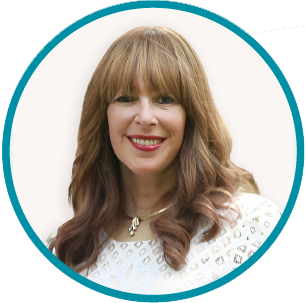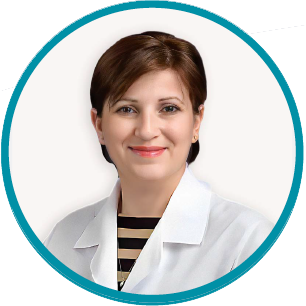
Obsessive-compulsive disorder, or OCD, is not what society tells us it is. This article isn’t about someone who practices good hygiene or that person who places their books in size order on a bookcase. There is nothing unusual about feeling anxious and uncomfortable because they come and go in our lives. However, OCD feelings are chronic and may feel relentless. Your daily life – work, school, etc. – is affected, and you need relief. Let’s learn more about the basics of OCD in adults.
Understanding OCD
OCD is a mental disorder signalized by intrusive thoughts that can cause anxiety among people. A person with obsessive-compulsive disorder will experience obsessions and manage them with compulsions. Although this cycle offers temporary relief, the intrusive thoughts return. During this cycle, you might encounter some of the signs that become shorthand for OCD. This may include washing, counting, and more. Left unchecked, the OCD cycle can hinder anyone’s ability to function daily.
Outward Signs of OCD in Adults
Even if they think that their intrusive thoughts are irrational, a person with OCD can still resolve them. Some of the most prevalent OCD obsessions involve:
- A desire for everything near them to be orderly and symmetrical
- Fear of contamination by other inanimate objects or people
- Concern that they will suddenly hurt someone, someone else will harm, or some random harm will come to anyone
- Worrying that they have not performed a task
- Having disturbing thoughts related to sex or religion
- Fear of misplacing something minor or important
- In some cases, the intrusive thought can be meaningless and anxiety-inducing
When OCD in adults comes out as compulsions, others can easily notice them.
Adults with Compulsions
Moreover, OCD obsessions that cause anxiety can be overwhelming. They leave the person to build up anything to relieve the tension. Hence, the compulsions they complete are personal and feel necessary. However, if compulsions offer relief, they may result in days filled with repetitive rituals. The following examples of OCD compulsions include:
- Handwashing is mainly associated with OCD. However, this compulsion can also come out in toothbrushing or taking constant showers. Additionally, it can involve cleaning items instead of yourself.
- A person with OCD often checks locks and appliances. It could also mean relentlessly checking to ensure you brought whatever items were required for your destination.
- You also need items in your line of sight to be laid out in a certain way.
- There are also compulsions related to numbers.
- Sometimes, it can be a place or person that feels like it’s the source of distress.
- A person with OCD might need and seek reassurance regularly.
When looking for OCD in adults, it usually comes down to identifying compulsions in action. Learn more about obsessive-compulsive disorder by calling Pharmasite Research at (410) 602-1440! If you or someone you know experiences OCD, you or he or she can qualify for a clinical trial.
Enroll Today with Pharmasite Research
If you or someone you know is suffering from OCD, it can be a huge hindrance to daily life, but there is always hope and help available. Seek professional help from a therapist who may recommend effective treatment options for you or a loved one. Pharmasite Research in Pikesville, MD, is enrolling individuals with depression for a clinical study. Learn more to see if you qualify! Contact us at 410-602-1440 and follow us on Facebook, Twitter, and Pinterest!






